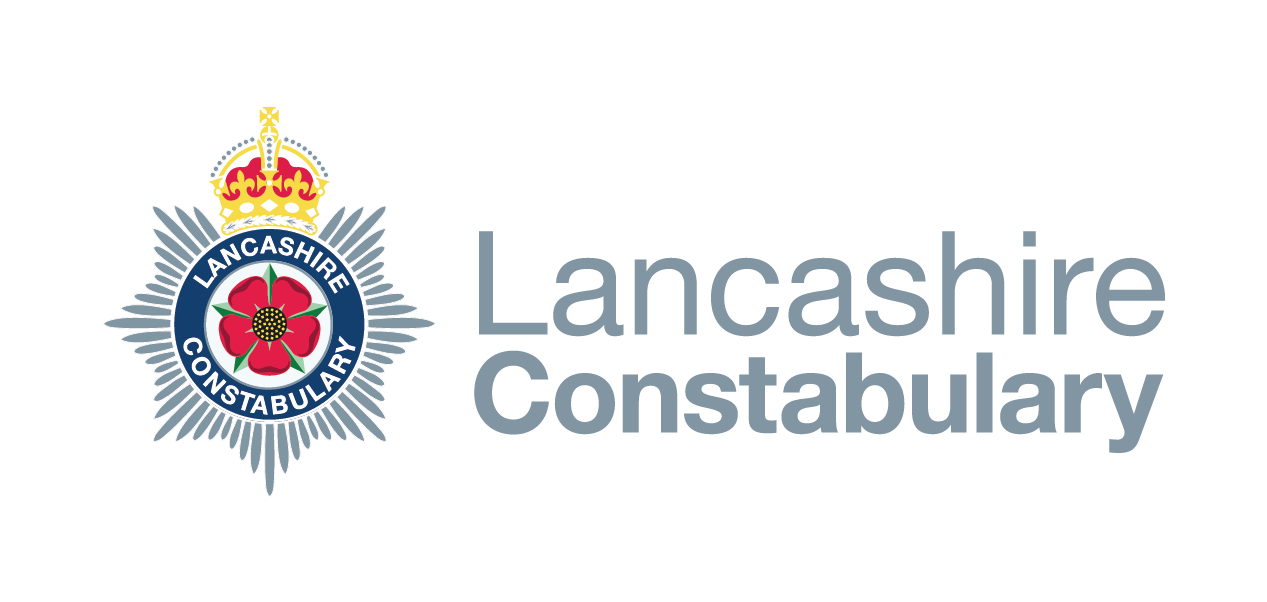What is animal poisoning?
Lawful methods of pest control include the use of approved pesticides, provided they are used according the product instructions and placed lawfully.
The majority of pesticide users abide by the law and are careful with the products they use. However there are some individuals who are using pesticides to deliberately poison wildlife.
Some landowners and game keepers can view certain species of wildlife to be pests as the wildlife interferes with the crops, farm animals and the breeding of game. The majority of people will obtain a license to control the problems that occur on their property, however there will always be the unscrupulous person who will avoid the lawful methods and kill wildlife by unlawful means. If poisons are unlawfully used it is more than likely that other species of wildlife and sometimes family pets will become the target.
If you find a dead animal with no apparent injuries to indicate the cause of death, consider that the animal has been poisoned. The carcass of a rabbit, pigeon, or lamb or even eggs are often used as bait to entice a wild mammal. The bodies may have been laced with pellets, powder or liquid and left out in the open for the purpose of attracting a particular species in order to kill that species. For example, if you may see the carcass of a mammal together with the carcass of a bird of prey, it could be difficult to establish what species was the initial target.
Wildlife and Countryside Act 1981
Under section 1 and 5(1)(a) of the Act, it is an offence for any person to'Intentionally kill, injure or take any wild bird and for any person to set in position any of the following articles, being an article which is of such a nature and is so placed as to be calculated to cause bodily injury to any wild bird coming into contact with, that is to say, any spring, trap, gin, snare, hook and line, any electrical device for killing, stunning or frightening or any poisonous, poisoned or stupefying substance'. It is also an offence to 'Knowingly cause or permit' such an act to be done.
Section 18(2) of the Act states:
'Any person who for the purposes of committing an offence has in his possession anything capable of being used for committing the offence shall be guilty of an offence'.
Protection of Animals Act 1911
Section 8(b) of the Act states:
'Any person knowingly putting or placing or causing or procuring any person to put or place, or knowingly being a party to the putting or placing, in or upon any land or building any poison, or any fluid or edible matter (not being sown seed or grain) which has been rendered poisonous,' will commit an offence. However it is not an offence if it is shown the poison was for the purpose of destroying insects, invertebrates, rats, mice, other small ground vermin, where it is found necessary in the interests of public health, agriculture, or the preservation of other animals, domestic or wild or for the purpose of manuring the land and the person took all reasonable precautions to prevent injury to dogs, cats, fowls or other domestic animals or wild birds.
Criminal damage
Pets are considered property and the injury/death of them through pesticide poisoning can be considered as criminal damage.
What to do if you find a dead wild animal
If you find a mammal that you believe has been poisoned:
- Do not touch the dead animal or the bait as poisons can impregnate the skin
- Make a note of its location and anything else that is around or near the animal
- Cover and mark the spot and report suspected incidents to Pesticide Safety Directorate (PSD) telephone 0800 321600 (calls are free).
Wildlife Incident Investigation Scheme (WIIS)
The Wildlife Incident Investigation Scheme (WIIS) investigates the deaths of wildlife, including beneficial insects and some pests, throughout the UK where there is evidence that pesticide poisoning may be involved. The Scheme is used to monitor pesticide use after approval, so that product approvals can be revised if necessary. It also provides a measure of the success of the pesticide registration process, and helps in the verification and improvement of the risk assessments made in this process. WIIS has a long association with the Wildlife Incident Unit at the Central Science Laboratory (CSL). They use their expertise to analyse a variety of animal tissues, including gut contents, vomit, faeces, blood, urine, liver, kidney and lung. Evidence from the Scheme can also be used to enforce legislation on the use of pesticides and the protection of humans, food, the environment and animals.
Natural England (NE) Wildlife Advisers operate the Wildlife Incident Investigation Scheme (WIIS) and are trained to deal with all such cases. The scheme is run by the Pesticide Safety Directorate (PSD), an executive agency of Defra. Wildlife Advisers are authorised to undertake certain functions such as accessing land and taking of samples, and will maintain the continuity of evidence and can arrange for forensic analysis for pesticides. Natural England is keen to work in partnership with the police and to advise or assist as appropriate. Natural England is a Non-Departmental Public Body of Defra.
Please contact the police by telephone on 101 if you have found any dead wildlife and poisoning is suspected. If you have spoken to any of the above organisations and reported the poisoning to them, please advise our Contact Management staff or a Wildlife Crime Officer.

